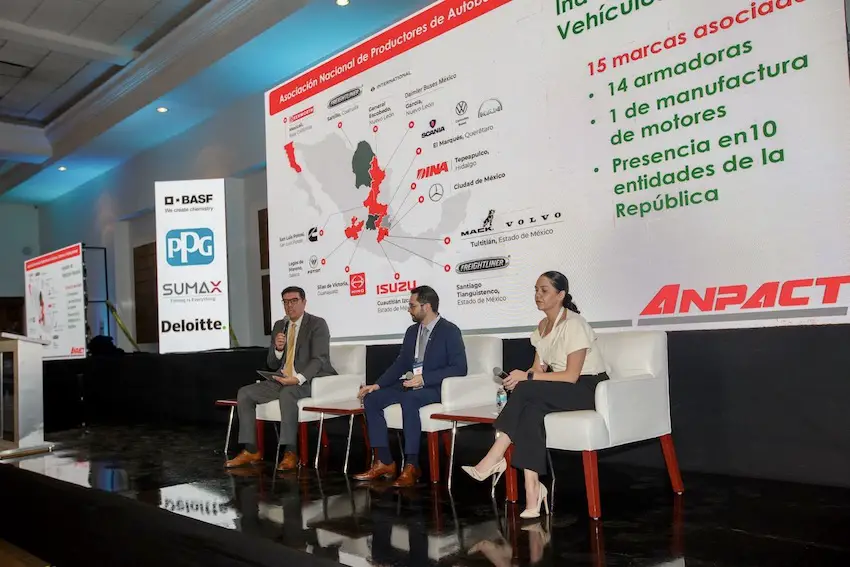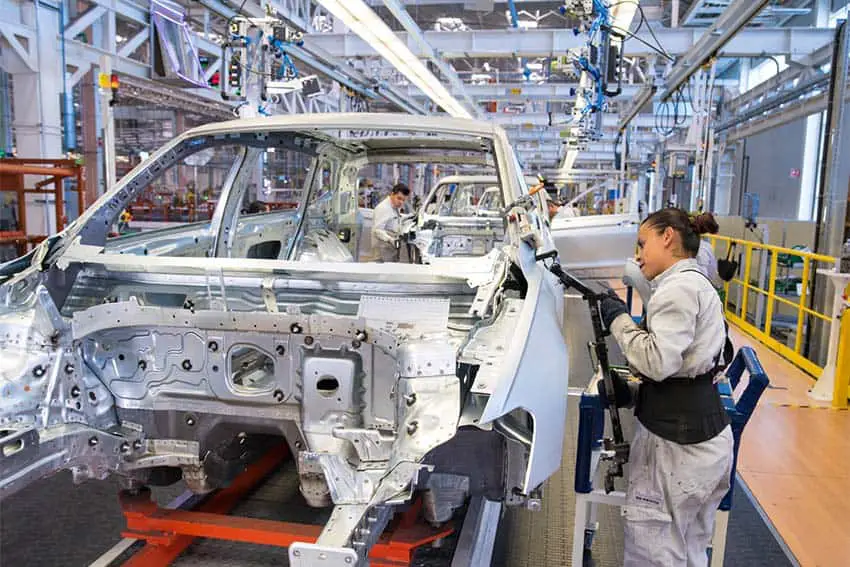Claudia Sheinbaum’s administration will support initiatives to boost the automotive industry in Mexico, according to an announcement by Altagracia Gómez, head of the Business Advisory Council.
“In the past weeks and months, we have been working with 13 companies in Mexico to outline 10 goals together,” Gómez said during the 2024 International Conference of the Mexican Automotive Industry (CIIAM), organized by the National Auto Parts Industry (INA).

Gómez, who serves as an intermediary between the business sector and the government, said that these priorities are mainly focused on capacity building and supporting small and medium-sized businesses.
Some of the priorities include developing the local supply chain, elevating the quality of domestically sourced materials, financing for suppliers and technical education programs to help young people transition from school into the automotive workforce.
“We want the young people working for your company to be properly trained,” Gómez stressed.
Her goals also include creating more patents, transitioning to higher value-added manufacturing, digitalizing procedures and permits and seeking unspecified “changes” in trade policy, if needed.

“We want to understand whether there are issues with trade policies, such as tariffs, or temporary imports of finished products, particularly regarding certain tariffs on both finished products and raw materials,” Gómez explained.
These priorities will inform public policies that aim to boost innovation within the sector and promote sustainable practices, energy efficiency and water reuse.
“We want to know the things that you’re doing; we want to know what we can replicate throughout the industry and what we should do to design a general policy of best practices,” Gómez said.
The last goal is to outline the government’s commitments to the industry to “align interests.”
“We know that the government can’t solve everything,” Gómez said, “but it is important to understand our role as well as other participating parties’ roles.”
For Gómez, these 10 goals are “commendable” and seek a “long term vision for the country.” She stressed that the goal is to achieve “shared prosperity,” where businesses, government and society all contribute.
The Mexican automotive industry is a thriving sector, with exports accounting for almost one-third of total export revenue so far in 2024. According to official data, more than 300,000 light vehicles were manufactured in Mexico in July, a 2.7% increase compared to the same month of 2023 and the highest total for July in seven years.
With reports from Imagen Radio
